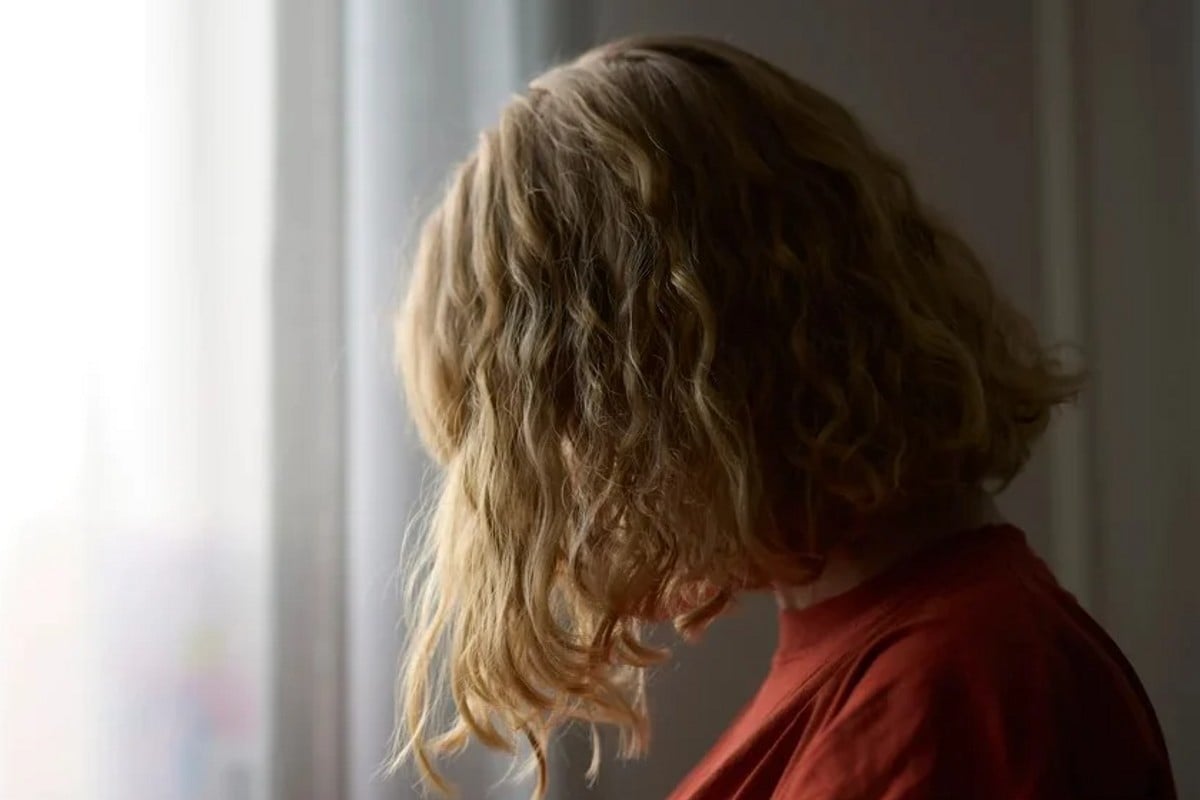
Growing up, Danielle* always imagined herself becoming a mother.
As an adult, though, things didn't quite turn out as she'd planned. Long-term relationships didn't work out, and she had no interest in having a child with the wrong person. So, nearing 40, Danielle made the decision to pursue IVF alone, using a sperm donor.
"I always wanted to experience becoming a mother," Danielle said. "My desire to be a mum overrode the notion that I had to be in a relationship first, so I decided to pursue IVF with donor sperm to make my dream of becoming a mother a reality."
After careful research, Danielle chose Monash IVF, drawn by its reputation, polished advertising and a host of glowing success stories.
Watch: Diary of a Birth by Mamamia. Article continues after the video.
Years later, Danielle is still trying to piece herself back together after a devastating twist—one that became the centre of a major class action against Monash IVF.
At the heart of the case was a genetic screening test known as niPGT-A. Marketed as a non-invasive and cost-effective way to determine embryo viability, it was used to help patients decide which embryos to transfer or discard.




























































































